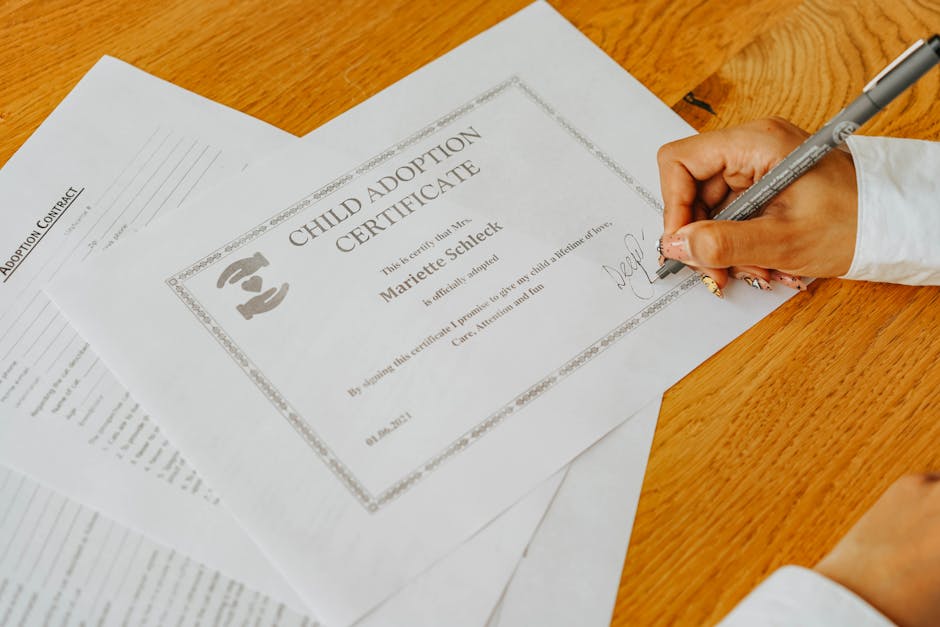With education being such a large expense, it is important to know what courses are free or very cheap. There are many ways to find out if a course is totally free! There are several websites that offer information about educational resources including courses you can take for free. Some of these sites also give you helpful tips and tricks for students looking to save money by learning more about the field.
It is great to be aware of all of your options before heading into expensive school. Whether you’re an undergraduate student or graduate student, there are often opportunities available to you.
Many universities offer online courses as a way to help people learn without having to travel far. This is perfect if you cannot make the time away from work to go physically to a university, or if you do not feel like going to a traditional college setting.
Creative Commons

Photo by Ivan Samkov on Pexels
In 2012, MIT launched its Open Course Initiative (OCI). Since then, almost every major university in America has joined OCI, making courses available for free via their platform. These courses are published under a creative commons license, which allows you to share your knowledge freely online.
Most universities have taken part of an open education resource (OER) approach to teaching. This means that they offer both traditional campus courses as well as courses that can be accessed remotely or even self-paced. Some even provide digital textbooks to download.
While most of these courses come with no cost to students, some require members of the community to contribute money to help cover educational materials such as course books and equipment.
Google Education

Photo by RODNAE Productions on Pexels
With all of this talk about how expensive college can be, many schools have programs that are free or very inexpensive. You do not need to attend these colleges with scholarship offers to enjoy them, but it is important to know what kind of courses they offer before picking your next major.
Most universities now offer at least one course through Google Edcationals. These are typically called Online Graduate Programs or Open Course Systems.
These courses seem to come in two varieties; ones that are totally free and paid courses that you must purchase outside of student fees. The paid courses usually cost around $100-150 per semester.
There are several reasons why these educational services are so popular. First, they are easily accessible anywhere there’s an internet connection! No matter where you live or whether or not you have computer access at home, you can still learn online.
Second, some of these sites make their revenue from advertisements, making the experience more interactive for students. There are ways to opt out of this if needed.
Science Olympiad

Photo by ThisIsEngineering on Pexels
The next opportunity to try out for Team Ontario is in September when there will be an open registration period for the Science Olympiad. This event is very popular, with over 1,000 students already registered!
This event has two parts: A competition and a festival. At the festival part of the event, people can watch teams compete against each other. There are usually several competitions per team (for example, physics, biology, chemistry etc.).
The cost of this event is covered by the Government of Canada. It’s actually free! All you have to do is register before the event takes place. Many high schools offer scholarships to ensure that no one has to pay money to participate.
Register now at https://www.sciencefairontario.
TED Talks

Photo by Tima Miroshnichenko on Pexels
Another great way to learn new things is to watch aTED talk. These are typically less than 10 minutes long, but they can pack in an incredible amount of information. There are over 2,000 talks available on YouTube, with the market introducing more and more content every month!
Some have called these “mini-lectures” because they feel like extended lectures that don’t cost anything to view. Many people find them helpful for developing skills such as leadership, communication or marketing.
There are even some who say TED talks helped inspire them to pursue their dreams or turn hobbies into careers.
Mozilla Open Learning

Photo by Karolina Grabowska on Pexels
Mozilla is offering several free courses this month to aspiring learners. If you’re already learning something new, try exploring other areas of the site to see what resources are available to you!
Mozilla has three different courses that offer both beginner and advanced lessons with interactive exercises and assignments.
Beginner Level: Getting Started With The Web
Intermediate Level: Starting A Blog
Advanced Level: Creating An Online Store Using Shopify
All three courses focus on educating students about the internet as a tool for education and career opportunities. They also emphasize how to use social media sites to strengthen your online presence and connect with people.
The courses all have their own unique style and tone which makes them feel personal and focused on one thing only: helping you learn how to start an online business or improve your current skills.
What makes these courses special is that they are not just limited to teaching you technology, but instead teach you how to make the most out of the tech you already have. This gives you incentive to update your phone, computer, and tablet because it will help you better yourself in the workplace.
If you are looking to hone your web design skills, begin taking courses on that at the beginner level first before moving up. There is no pressure to turn each lesson into a paid course, so do whatever fits your schedule best.
Partnership for Excellence in Mathematics

The Partnership for Excellence in Mathematics (PEM) was launched in 2012 to promote mathematics as an effective tool to help students succeed in life and develop skills that are valuable globally.
The organization offers free courses online, sponsored by industry partners, designed to be accessible and easy to follow for anyone of any mathematical background.
These courses focus on concepts such as algebra, arithmetic, geometry, calculus, and statistics. Students can easily find what they are looking for by using the course collections or via browsing the content area of their choice.
There is also an opportunity to read articles related to each topic and watch short videos with interactive exercises.
What Certificates Can I Get Online Canada?

Photo by olia danilevich on Pexels
Many educational institutions offer courses that do not cost anything to take them, they are often referred to as ‘free’ education. Not only that but many of these courses can be done completely online which makes it easy to access anywhere in the world!
Free Education is great if you live far away from an established university or college, or if you just cannot afford the tuition. Some free tertiary education programs even reward you for your efforts with paid employment after graduation!
There are many ways to get free learning around the globe, here we will discuss some of the top free certificate courses available worldwide. We will also look at some popular degree level courses that are affordable.
Disclaimer: These are not sponsored posts nor compensation for referring people to this article. All opinions expressed belong to our authors and this site.
What courses are free Canada?

Photo by Andre Furtado on Pexels
Many universities offer their resources to be accessed for free. These are typically referred to as educational resources or courses. You do not have to pay to use them, which is great because you are given access to important materials without cost!
Many of these resources can be music lessons, academic tutorials, YouTube videos, lecture recordings and so on. Some even provide full-fledged education experiences such as university courses or degree programs.
Canada’s top ranked university (University of Toronto) has an online learning platform that allows students to learn at their own pace with no tuition fees. This way you don’t have to worry about timing issues either, you can take your time and focus only on what matters to you.
These types of services are just made available to people who need them, which is one of the things that sets Canada apart from other countries. If you live in Canada, make it a habit to look into these resources out there for free.
Is Du Sol Valid In Canada?
Another thing to look out for is if the courses are valid in Canada. Most universities offer at least one course that is totally free – sometimes more than one! Many of these free education resources are very popular so there can be quite a lot of competition for spots.
Most countries around the world have different degrees of recognition for educational certificates, depending on what country you’re from and what standards they put in place.
In some cases, it is completely fine to take a non-certificate program as an ‘equal substitute’ for a certificate level course. For example, a degree in Business may not require you to take courses like Accounting or Finance, but instead could give you enough knowledge to run your own business.
However, in other cases, courses with no formal qualification attached to them might not be accepted by employers as effectively giving you training credit. This could hurt your chances of getting paid even though you enrolled in the free education resource.
Conclusion
There you have it! All of the free online courses in this article are worth looking into to improve your life or learn new things. Many offer very low levels of reward, but they’re totally free so there is nothing to lose by trying them out.
Many sites also allow you to keep what lessons you like and pay for the rest from time to using their student account which can help you focus more on studying what you want to know instead of being distracted by cost.
Hopefully one of these guides helped you find an interesting course or two and improved your knowledge or skills.


.png)
